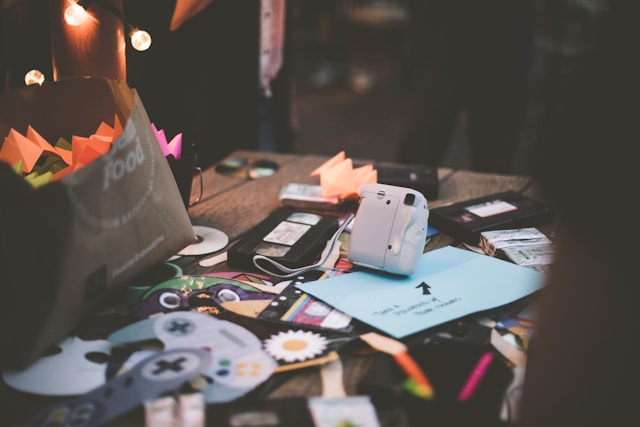Decluttering directly impacts mental well-being. Amidst greater global concerns like climate change and pandemics, addressing clutter remains within our control. Its elimination yields tangible benefits for mental health. Assess clutter’s negative influence, embrace decluttering’s advantages, and learn to clear space effectively for improved mental clarity and peace.
Clutter can negatively impact mental well-being
The impact of clutter on mental well-being is profound, causing memory issues, unhealthy eating patterns, and diminished impulse control. It heightens susceptibility to mood disorders, disrupts concentration, and hinders decision-making. Moreover, clutter stifles creativity, reduces productivity, and drains energy. Consider the time lost searching for items amidst clutter which can have a significant financial cost.
Excessive clutter can impede communication and potentially harm or deteriorate relationships. In environments with significant clutter, individuals may find themselves distracted by assorted visual elements, hindering their ability to accurately interpret facial expressions and emotions amidst the disorder.
Research indicates that our living environment serves as a vital psychological space, offering comfort and security. According to studies, our living space is an extension of our identity, fostering emotional connections. Catherine Roster, a professor at the University of New Mexico, discovered through research published in the Journal of Environmental Psychology that possession clutter significantly diminishes the sense of psychological home.
Benefits of decluttering and staying organized
Decluttering has significant positive effects on mental health, providing various benefits such as boosting mood, enhancing physical health, improving focus and productivity, relieving anxiety, enhancing sleep quality, and improving relationships through better communication.
To effectively declutter, allocate dedicated time and visualize the benefits of an organized space. Categorize items into keep, discard, donate, and relocate piles, considering storing sentimental or seasonal items elsewhere. When tackling digital clutter, avoid overwhelming yourself by addressing a few emails each day. Refrain from excessively handling items, as it fosters attachment.
Marie Kondo popularized a clutter-clearing method centered on discarding items that don’t spark joy. Prioritize time with loved ones over constant tidying, as exemplified by Kondo’s decision to focus on her children after her third child.


